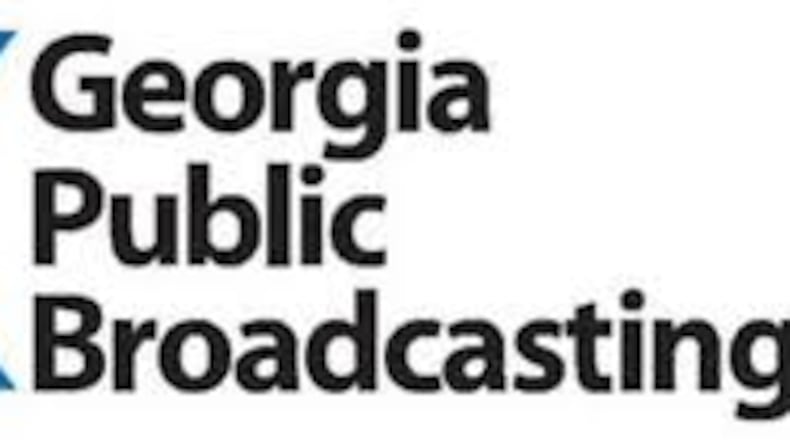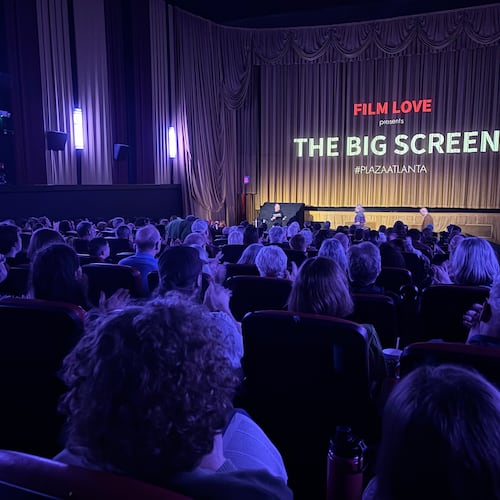Georgia Public Broadcasting chairman Michael H. McDougald, in a public response to WABE chairman Louis Sullivan's letter last week castigating GPB's partnership with Georgia State University, said Sullivan was "misled" by its partnership and attempted to "clarify these misunderstandings."
While Sullivan said adding public radio news/talk programming on 88.5/WRAS-FM (begun June 29) was redundant to a significant degree, McDougald said multiple options are common in major markets. During the day, Atlantans, McDougald wrote, will now have the choice of an all-news, all-information radio station at WRAS or a classical music station on WABE. (WABE airs classical music weekdays from 9 a.m. to 3 p.m.)
"This is a long overdue choice for our city," McDougald wrote. He then added, "Before this partnership, Atlanta was the ONLY top ten radio market in the United States that did not have an all-news and information public radio station. Residents of New York, Los Angeles, Dallas, Philadelphia, Houston, Phoenix, and Seattle all enjoy multiple public radio stations within their market, and certainly Atlanta residents deserve the same. And, while there are multiple public radio stations in these other major markets, all are fiscally healthy."
He said duplication during mornings and afternoon drive-time are common and that the local news content will differ. While WABE focuses on Atlanta, GPB's news content will be "significantly different" with a promise to increase its news operation, he wrote, noting GPB's state-wide reach.
McDougald wrote that WRAS will have three original programs including a 9 a.m. weekday news program that starts in the fall, a political roundtable that debuts today and a Saturday arts/culture show that launched last Saturday hosted by Bill Nigut. He hopes more original programs will come in the future.
Clearly, our intention is to offer Atlantans an alternative service to WABE, and we believe our differentiated programming will bring new donors to the public media table. As a result, we do not see this partnership as you suggest, as "a waste of taxpayer's money." GPB has no intention of using taxpayers' money to support this new initiative. We fully anticipate, as with WABE, that the marketplace will support our programming on GPB Atlanta.
McDougald also noted that Public Broadcasting Atlanta, which runs WABE and WPBA-TV, has been able to survive on the TV side with GPB's TV station.
You do not want competition for your radio station, but you do support maintaining a duplicative and competitive television service. You must be aware that there are two public television stations in Atlanta---WPBA and WGTV---both have been serving the Atlanta area for decades. Both of our networks air top-rated programs such as Antiques Roadshow, Masterpiece, Nature, and Nova.
Finally, he notes that GPB's cost structure is different because it has to serve the entire state, including remote rural areas. "The result of this statewide commitment is a significantly different cost burden on GPB, and helps explain the differences between the GPB and WPBA/WABE budgets," he wrote. GPB also sets aside a significant amount of its budget for education and high school sports. And it notes its alliances with other universities and collegse in the state, providing students journalistic opportunities it will also bring to GSU students.
And while WABE administrators have intimated that GPB has been less than cooperative in working together, McDougald said its' the other way around.
Our suggestion is that we use this new situation as a catalyst to finally come together and think through a serious and doable plan that will allow our two organizations to combine resources and work for the overall public good. We are very willing to engage in this conversation if there is a desire for real change.
Recent stories about the GPB/WRAS arrangement:
About the Author
Keep Reading
The Latest
Featured




